

|
Everllence receives 2,000th dual-fuel engine order from Cosco
Chinese shipping line orders 12 methane-fuelled engines for new 18,000-teu container vessels. |
|
|
|
||

|
NYK signs long-term charter deals with Cheniere for new LNG carriers
Japanese shipping company partners with Ocean Yield for vessels to be delivered from 2028. |
|
|
|
||

|
Sallaum Lines takes delivery of LNG-powered container vessel MV Ocean Legacy
Shipping company receives new dual-fuel vessel from Chinese shipyard as part of fleet modernisation programme. |
|
|
|
||

|
Rotterdam bio-LNG bunkering surges sixfold as alternative marine fuels gain traction
Port handled 17,644 cbm of bio-LNG in 2025, while biomethanol volumes tripled year-on-year. |
|
|
|
||
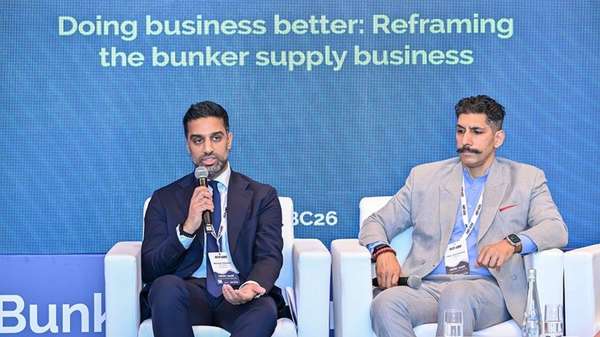
|
TFG Marine calls for digital transformation to manage alternative fuel risks
CFO says transparency and digital solutions are essential as the marine fuels sector faces volatility from diversification. |
|
|
|
||
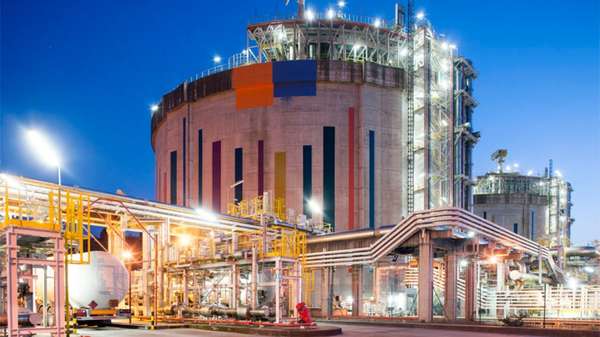
|
Reganosa’s Mugardos terminal adds bio-LNG bunkering for ships and trucks
Spanish facility obtains EU sustainability certification to supply renewable fuel with 92% lower emissions. |
|
|
|
||
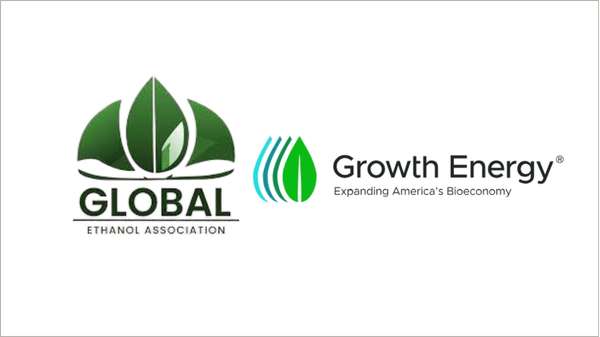
|
Growth Energy joins Global Ethanol Association as new member
US biofuel trade association represents nearly 100 biorefineries and over half of US ethanol production. |
|
|
|
||
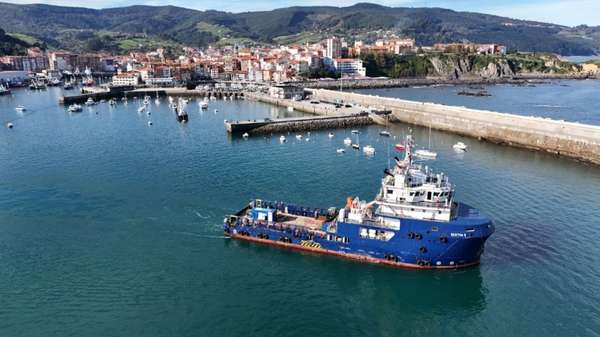
|
H2SITE explains decision to establish Bergen subsidiary
Ammonia-to-hydrogen technology firm says Norwegian city was obvious choice for its ambitions. |
|
|
|
||
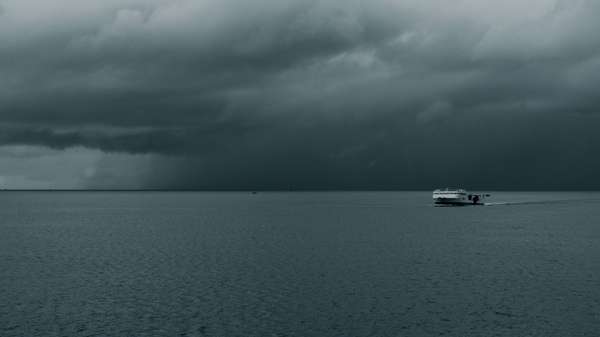
|
Gibraltar Port Authority issues severe weather warning for gale-force winds and heavy rain
Port authority warns of storm-force gusts of up to 50 knots and rainfall totals reaching 120 mm. |
|
|
|
||

|
Christiania Energy relocates headquarters within Odense Harbour
Bunker firm moves to larger waterfront office to accommodate growing team and collaboration needs. |
|
|
|
||
| Neste marks 70th anniversary with 'passion for renewal' theme [News & Insights] |
| Neste completes Naantali revamp to slash heavy fuel oil production [News & Insights] |
| Naantali refinery in two-month revamp to slash heavy fuel oil production [News & Insights] |
| Neste's new high-viscosity 0.1% marine fuel unit set to reach 'high' utilization in H2 [News & Insights] |
| Neste sets out Baltic strategy following record year [News & Insights] |